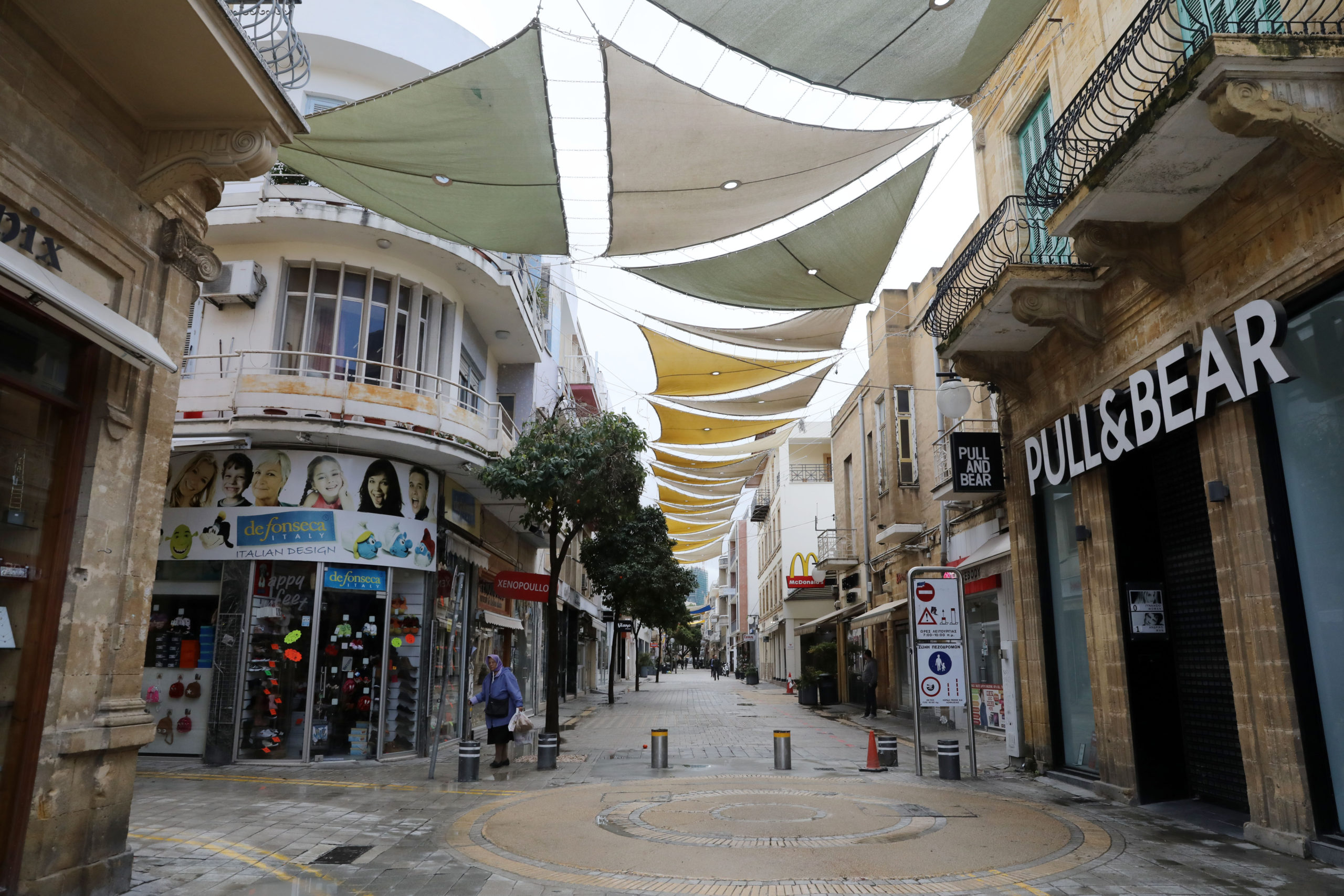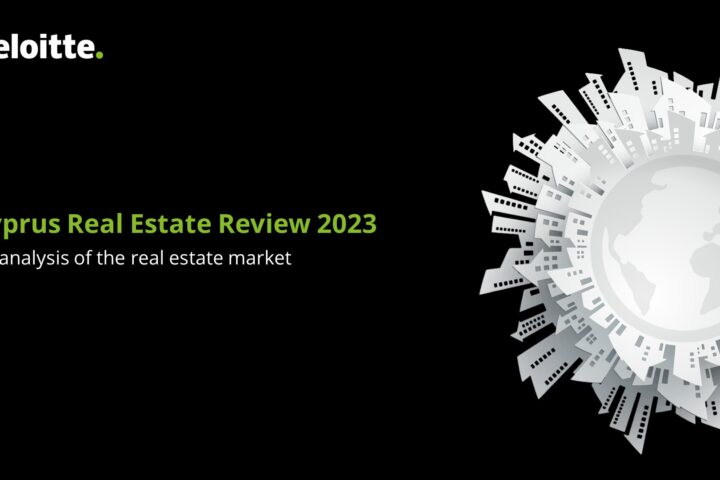It’s the 2012-13 banking collapse and financial crisis all over again.
Only this time around, despite grandiose announcements of financial aid, it is obvious that the small and medium-sized enterprises (SMEs) will be the hardest hit from the coronavirus pandemic.
There is no doubt that the €2 bln package is probably the biggest of its kind in per capita terms.
But how effective is it and how long will it take to implement? Certain clauses already disqualify a large number of SMEs, many of which had barely managed to stand on their own feet after struggling to recover for nearly a decade.
The Finance Minister emphasised that aid will only go to ‘viable’ businesses and only those that are prompt with their loan repayments, probably under pressure from banks that were too slow to react and hardly supported SMEs in the past seven years or so.
In other words, if you barely managed to survive these past few years, your business is doomed.
Now, the European Central Bank is rewarding Cypriot banks with additional liquidity and nobody knows what criteria will be used and who that money will go to?
Officials said that “no way” would this money be used for anything else but emergency funding.
But we live in Cyprus and we all know how the neighbourhood politician will go up the food chain to secure funds to bail out greedy developers and their lawyer friends who made millions out of the passports-for-investments scheme.
For months now, we had not heard the phrase ‘sacrifice’, which has only been reinjected in the daily dose of political rhetoric just this past week.
The ‘sacrifice’ in question translates to “you pay your taxes, to support the civil service payroll”, with only the employers’ federation having the courage to suggest that perhaps public sector workers should also share this burden.
Otherwise, the money will soon run out, despite the administration’s optimism that the crisis will be over in a month or so, not realising that the tourism sector has been decimated and hoteliers and travel companies will only recover in the 2021 season, with a chain effect hurting all related sectors.
And on talk that we should not dare cut the salaries of the frontline ‘heroes’ in the health sector, the police, the firemen and the teachers, civil servants went ballistic that their wages could be shaved, albeit marginally.
Of course, everyone has a short memory, they seem to have forgotten that the chain reaction from the lack of protocols by civil servants at state hospitals allowed for the virus to spread in the first place, for which, of course, there will be no punishment.
While the delays to implement other measures from, say, December or early January could have prevented the spread.
The relief will not come in direct aid, but in short-term and low-interest loans to keep the bank employees happy and in the form of tax relief, which means money out of one state pocket and into the other, in this case, to keep the state employees happy.
The reduction of the VAT rate by two percentage points was a good half-measure and we don’t know when the Minister will revoke this decision, instead of clearly declaring that it will be valid for the rest of 2020.
Social insurance contributions will be postponed, only to be paid off in instalments by the end of 2021, if your business has not gone bust.
And the wage subsidy, announced by the government at the outset, simply gave the green light for payrolls to be frozen, with the hope that the affected employee will be refunded, and this “at the same level” as unemployment benefit, which means a 40% pay cut.
One does wonder who came up with these ideas, or were they in a dossier marked “open in case of emergency”, dated after the 2012-13 crisis?
It would seem that the ‘brilliant’ ideas such as the SMS permits were part of the competition to see who would come up with the stupidest idea and then take it to the relevant minister.
Recently, if you ever parked somewhere illegally, police would track you down in nanoseconds.
Which suggests the information is there, it’s finding the right people to manage the information which is important.
So far, the state hasn’t been managing the situation all too well. It’s time they got their act together.










